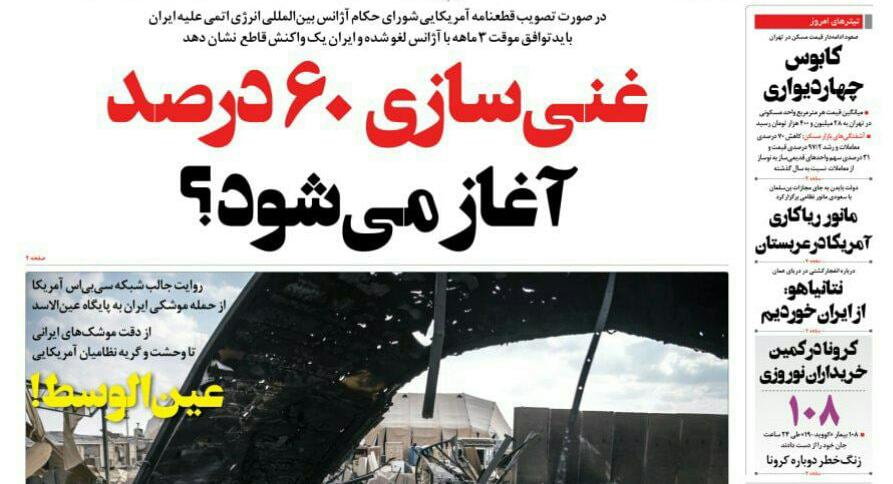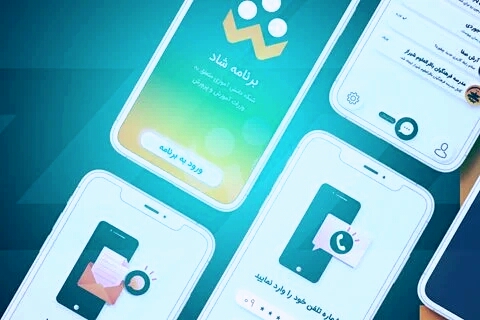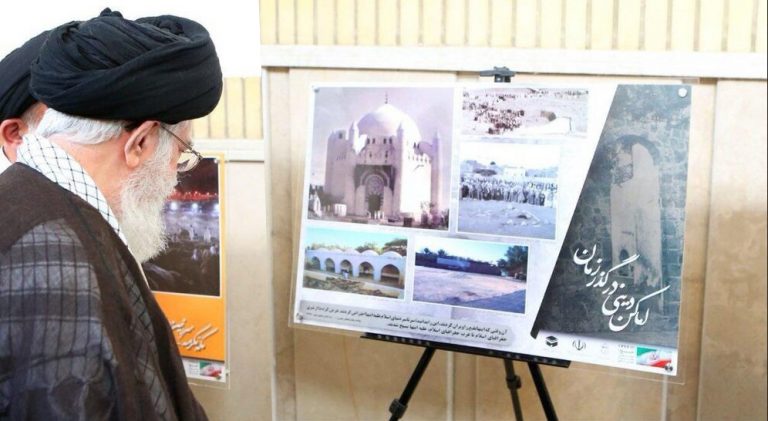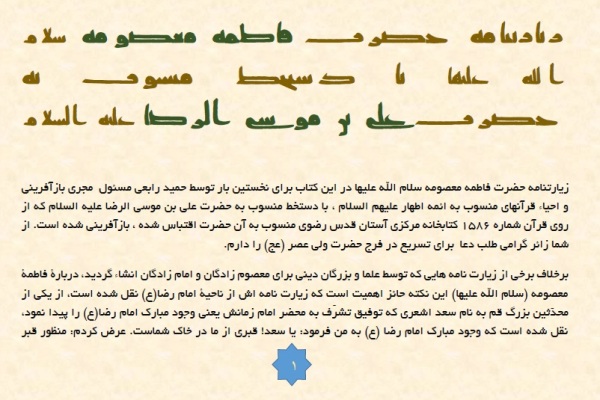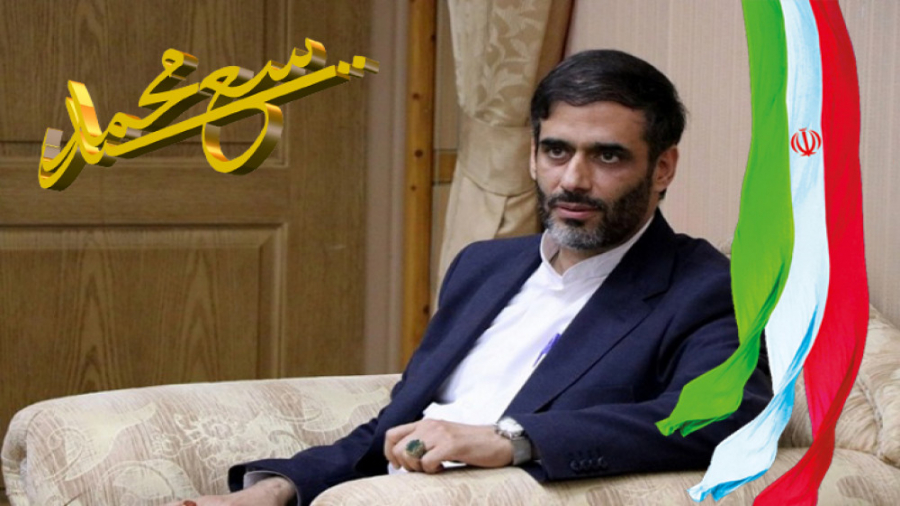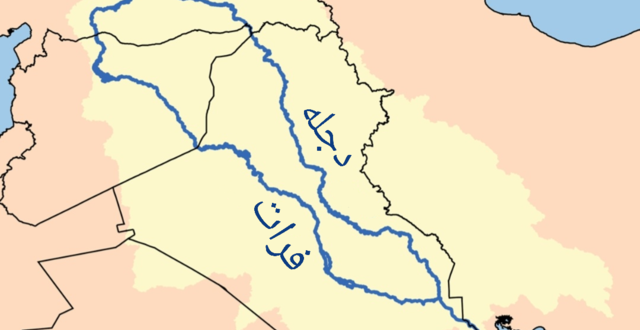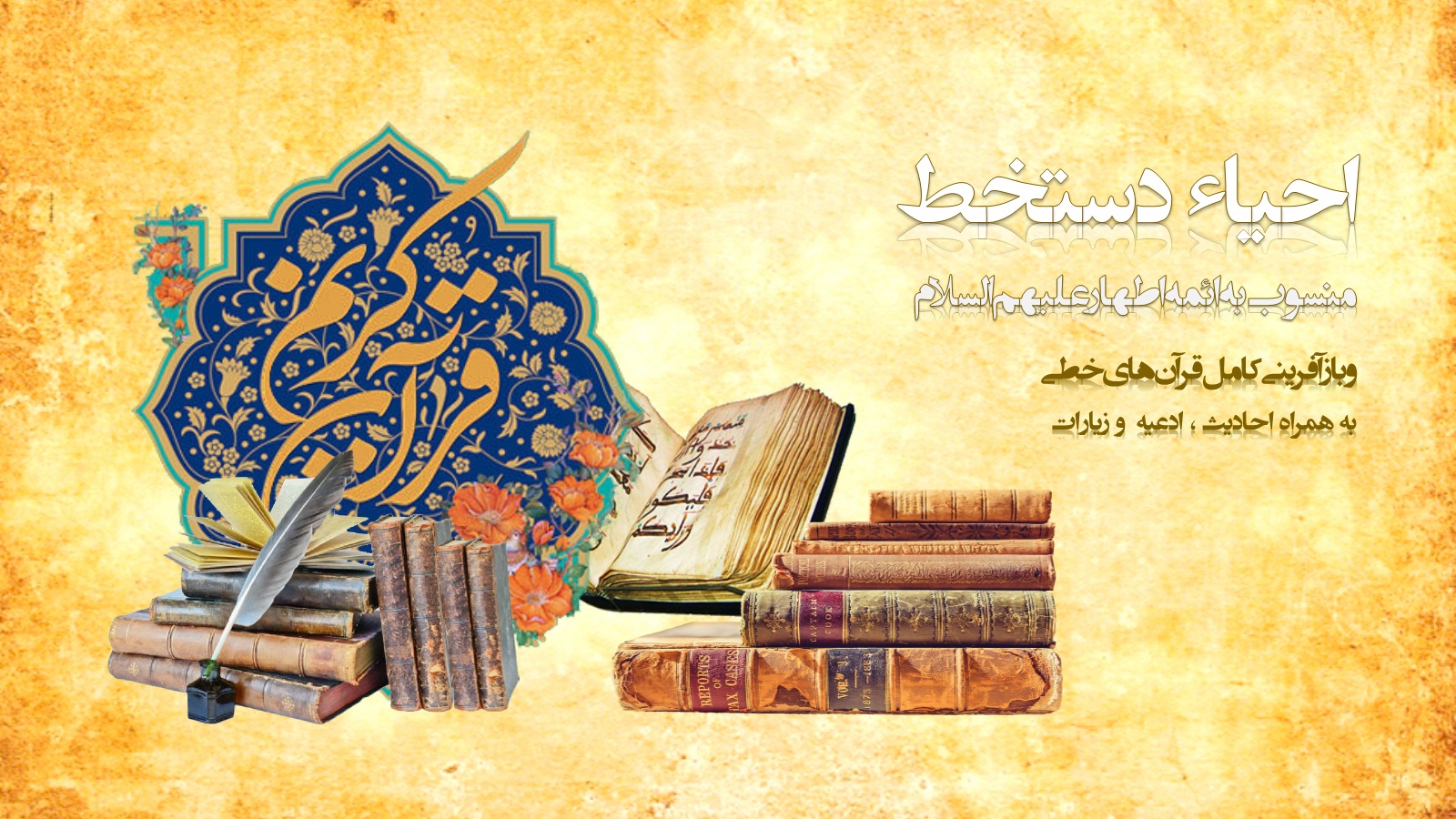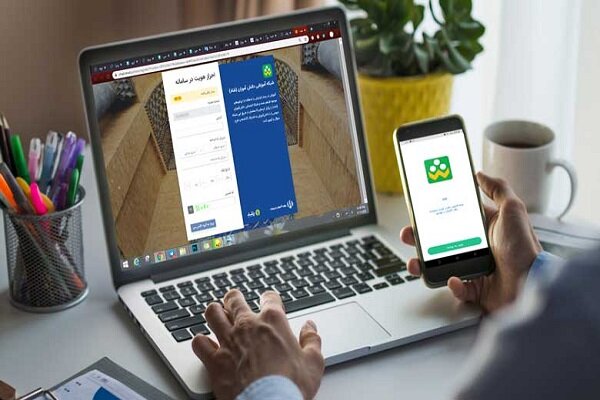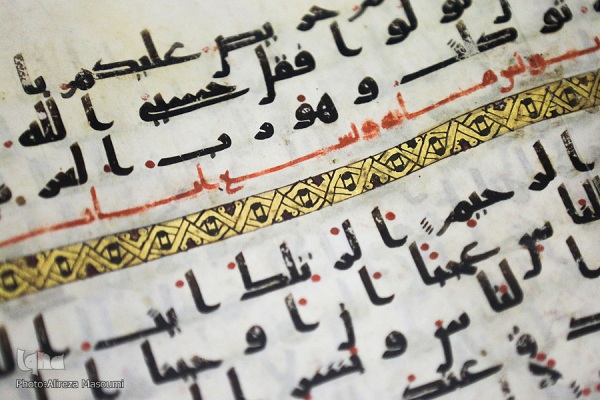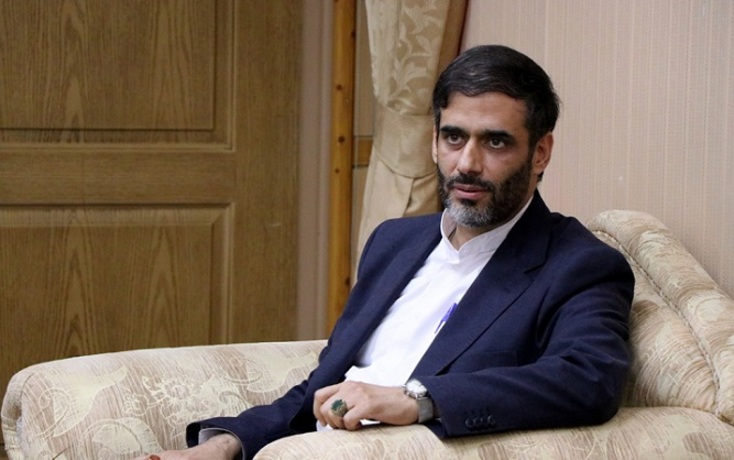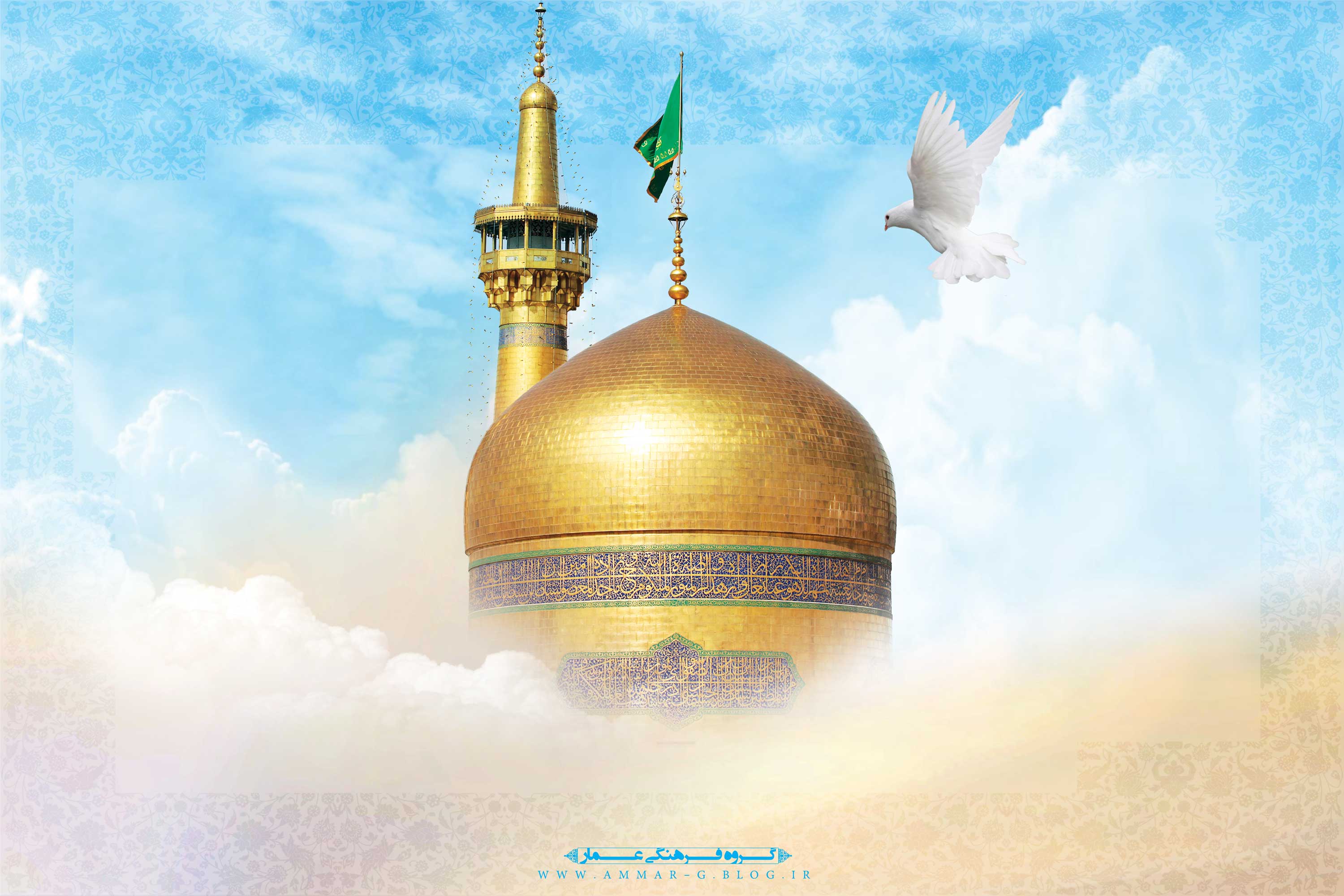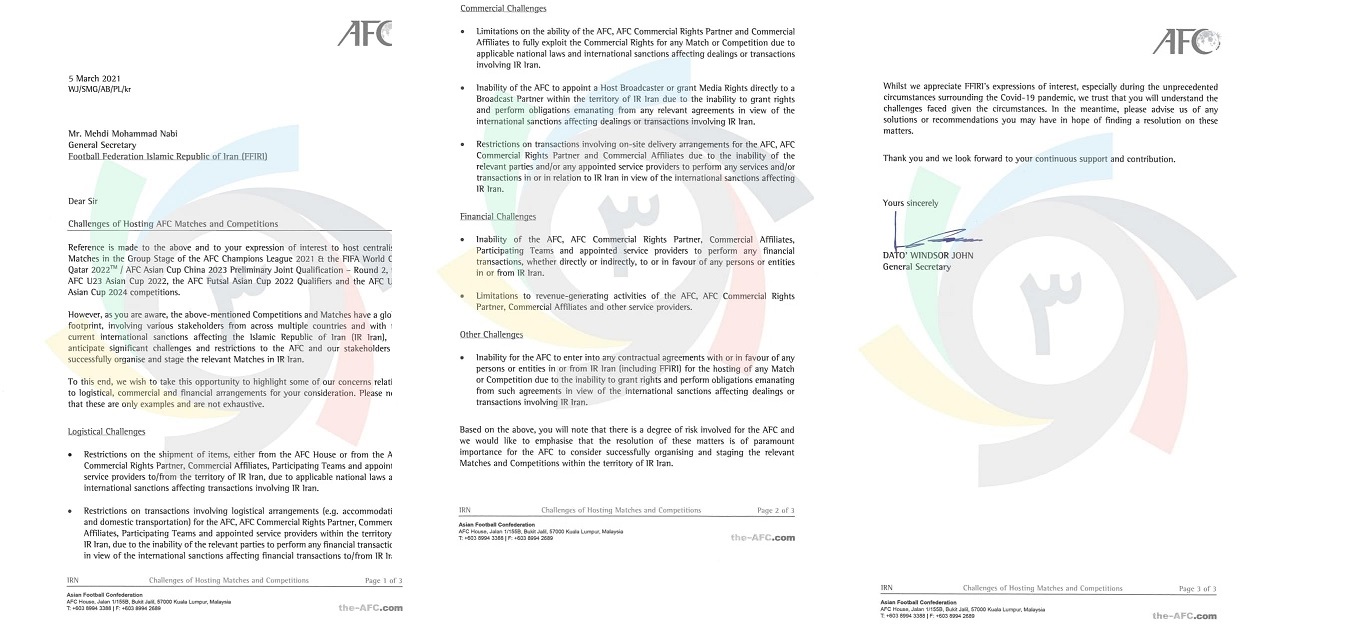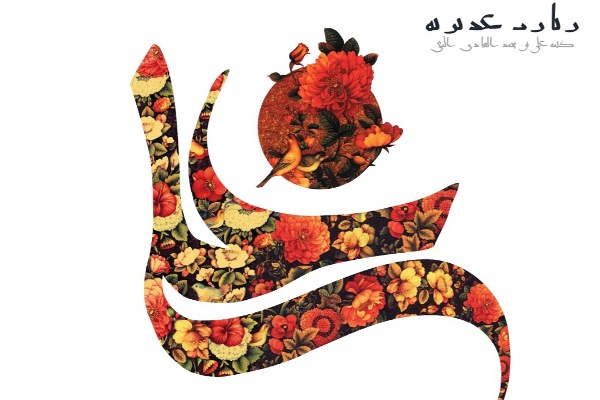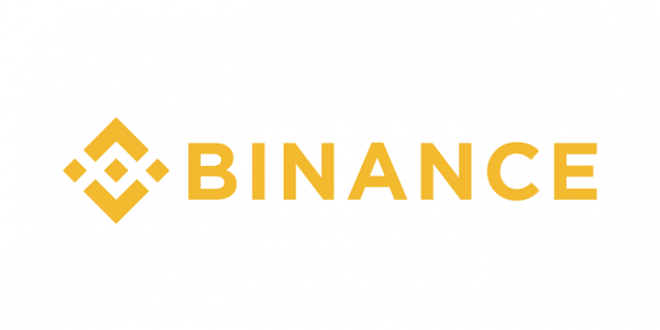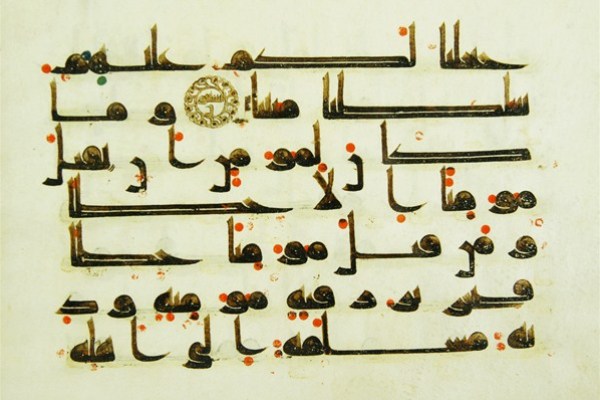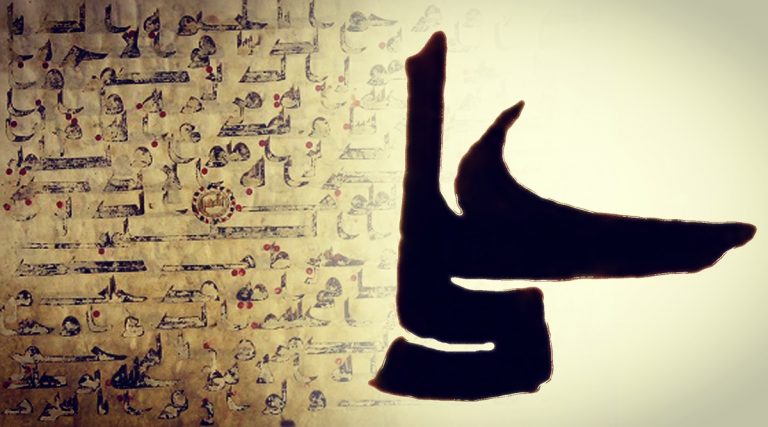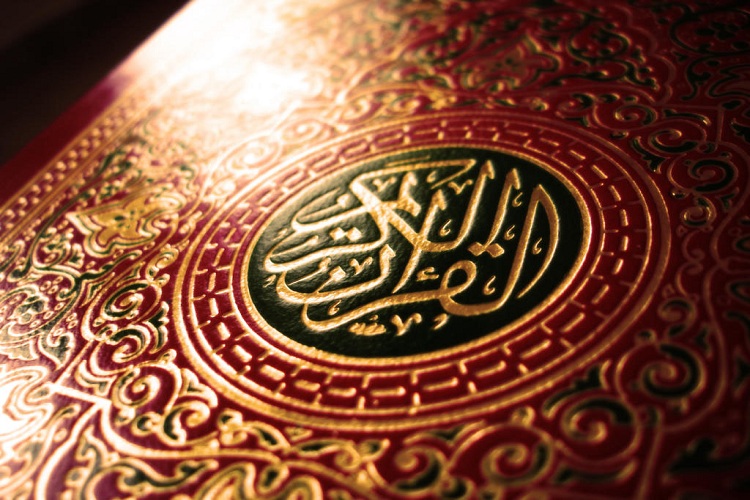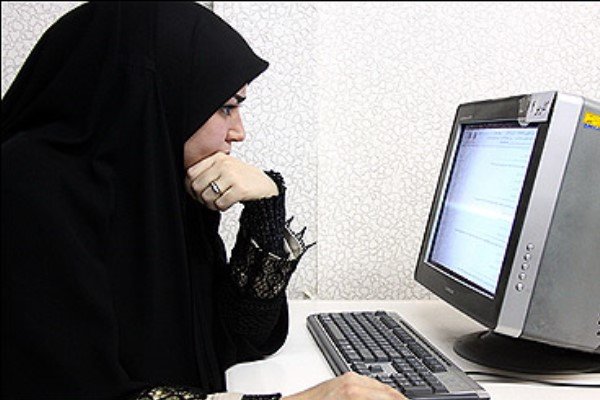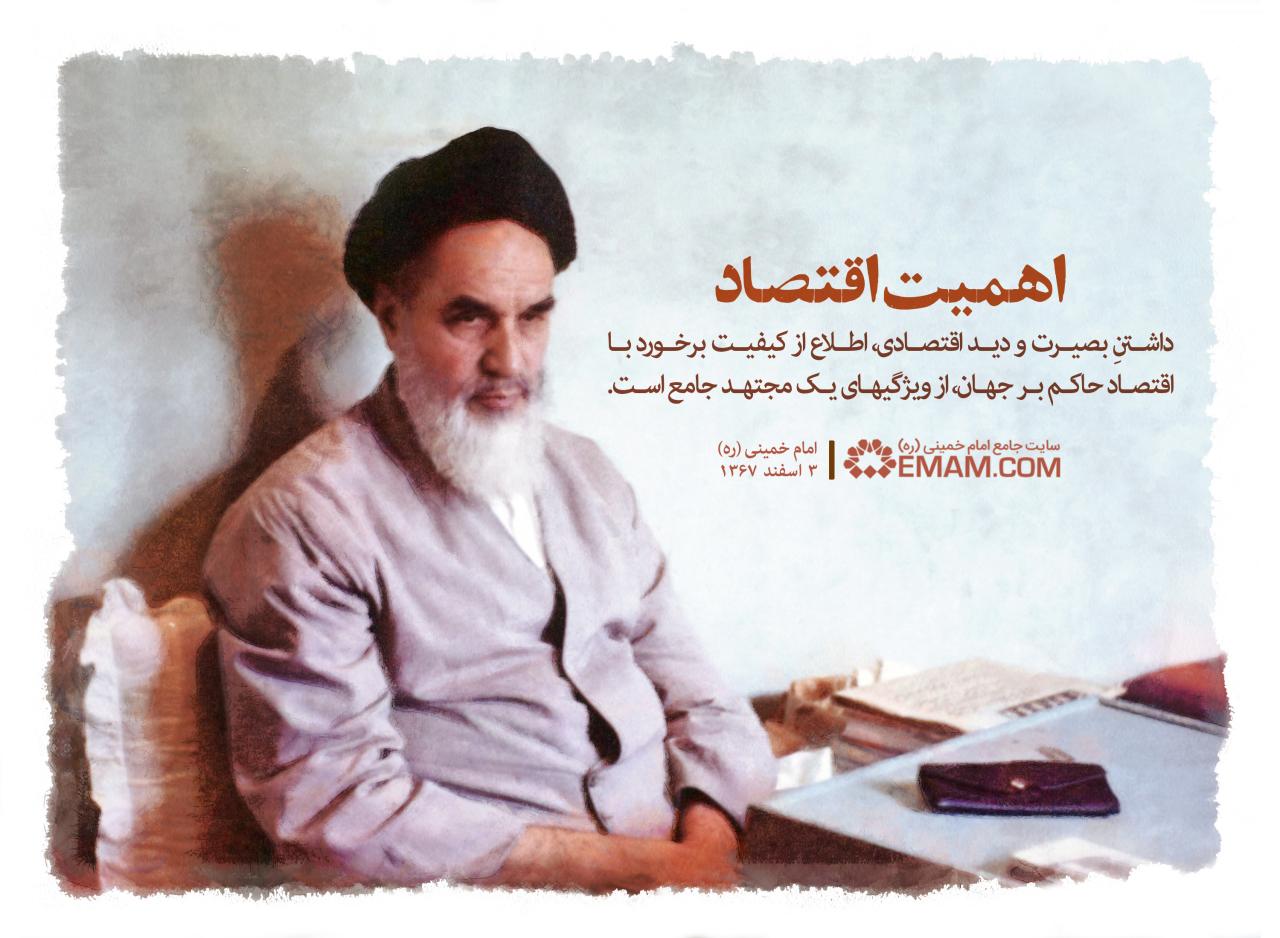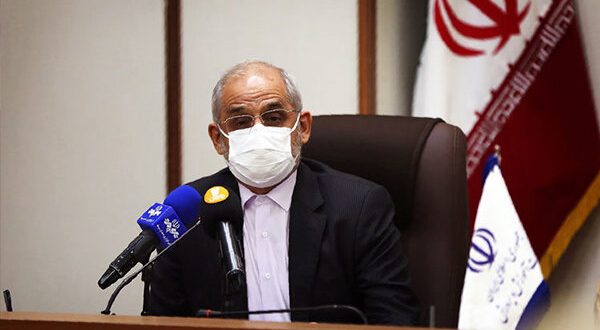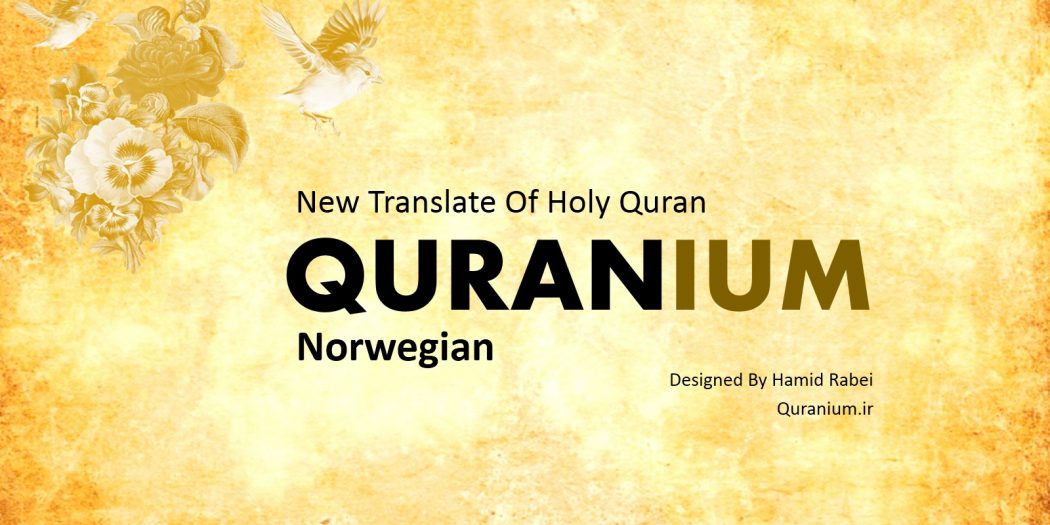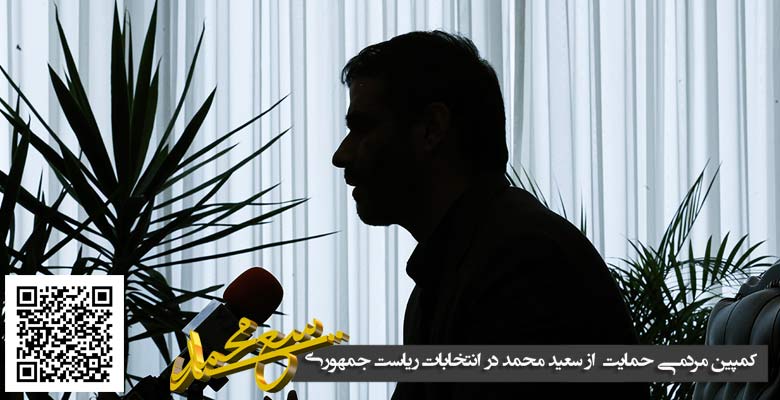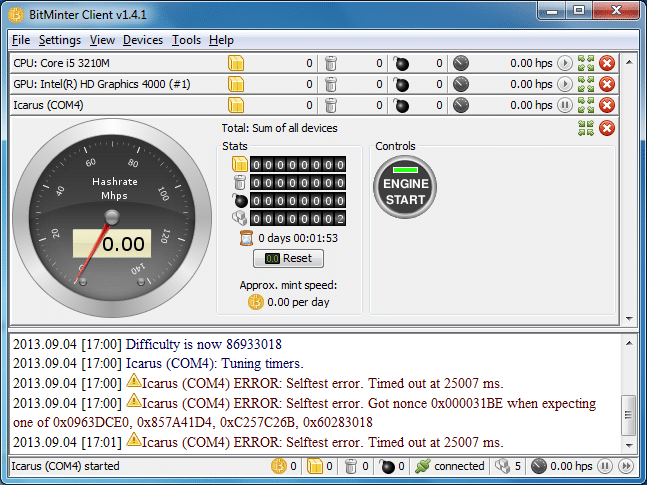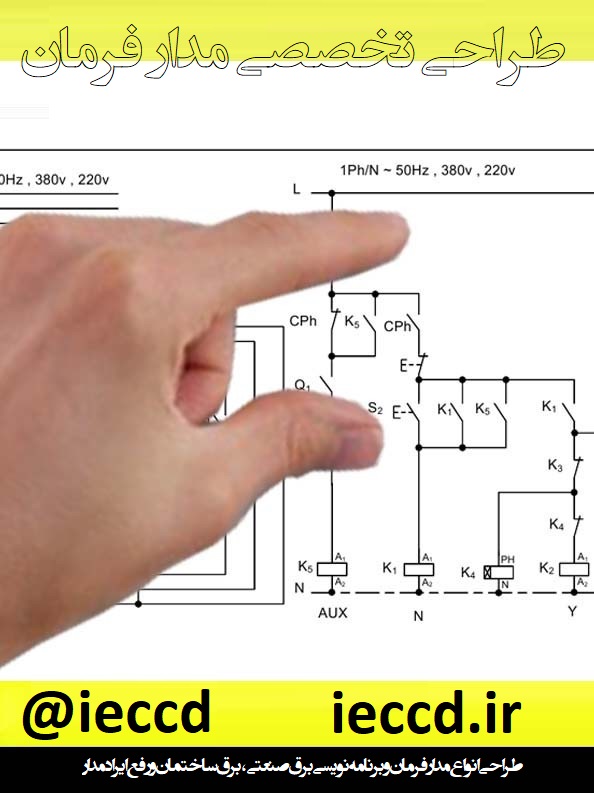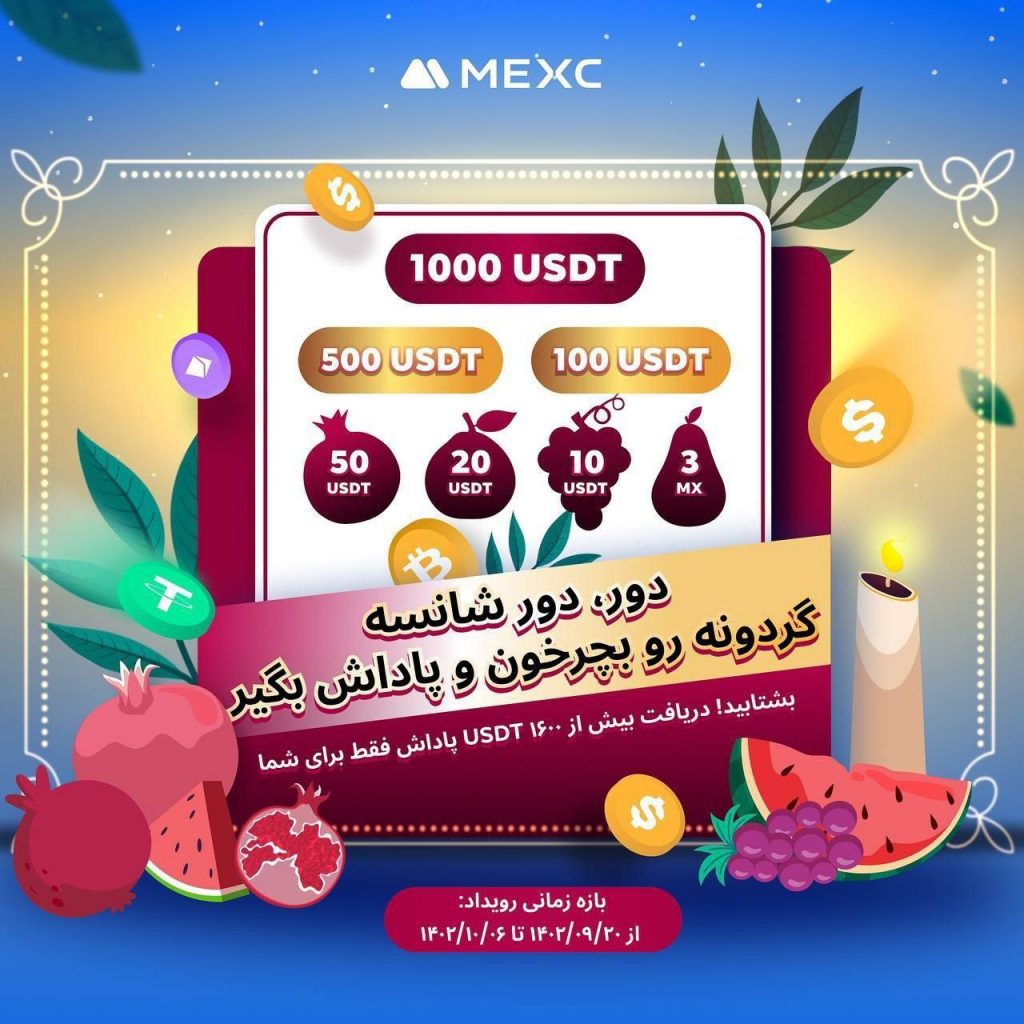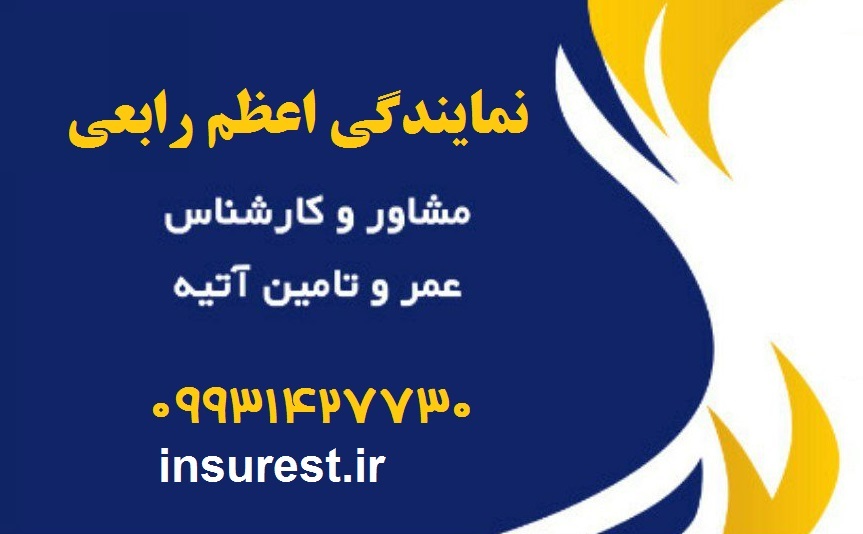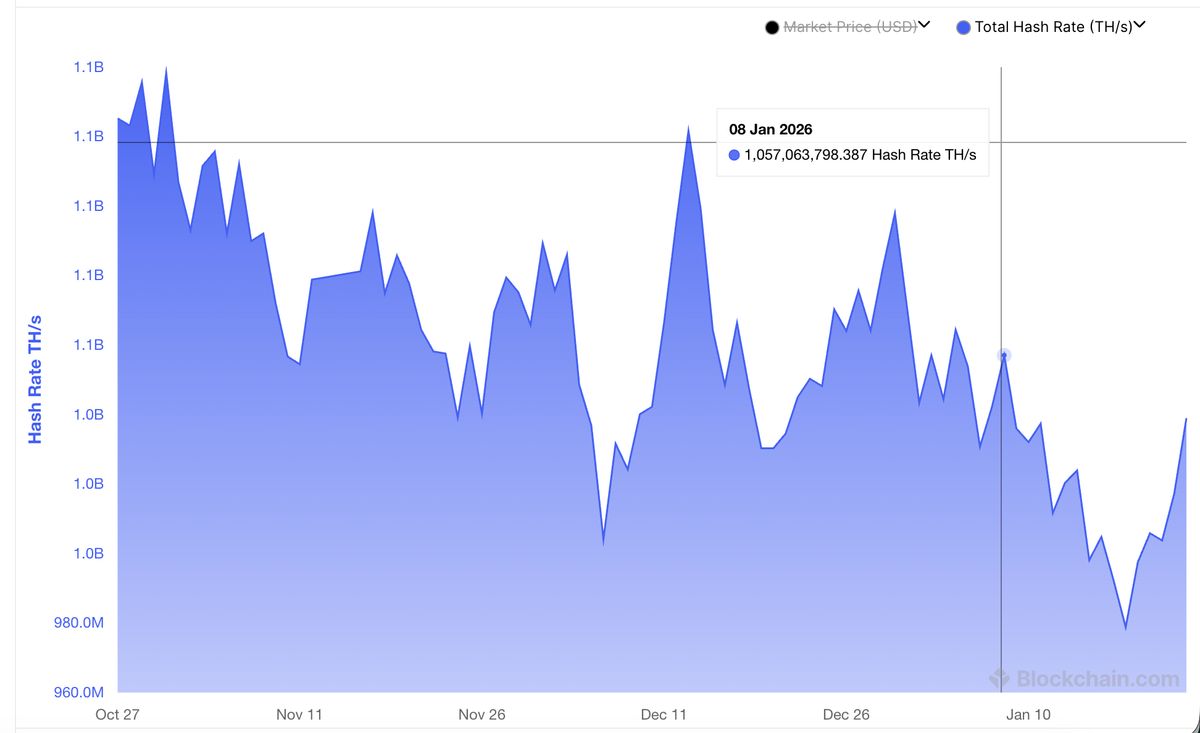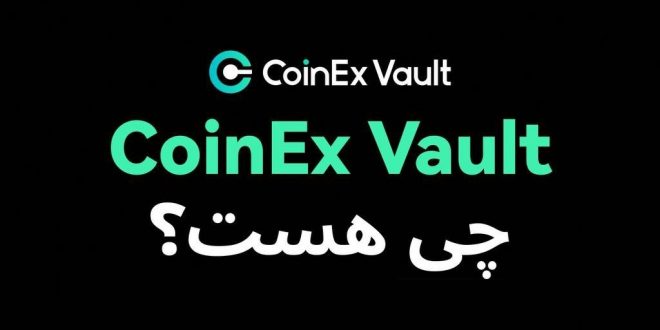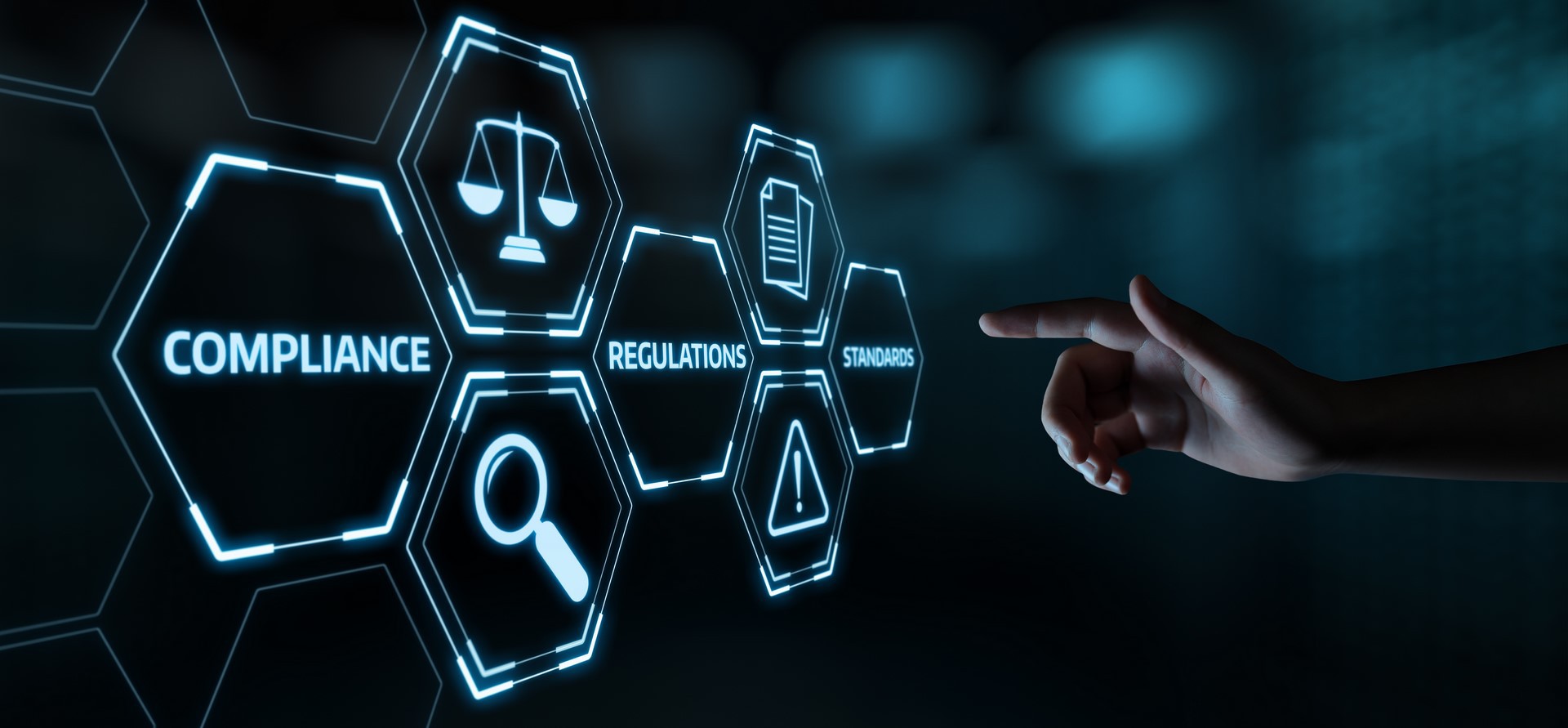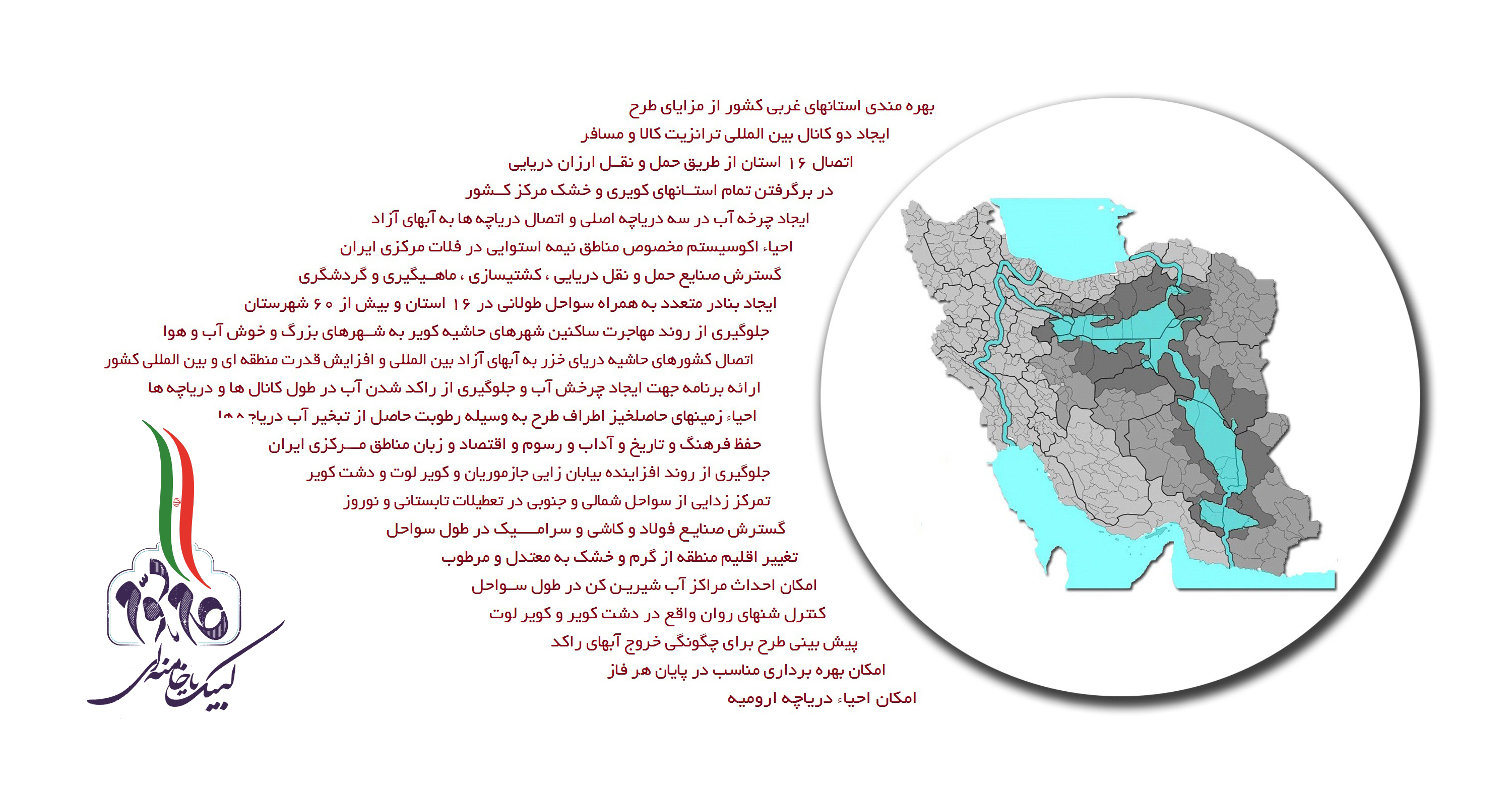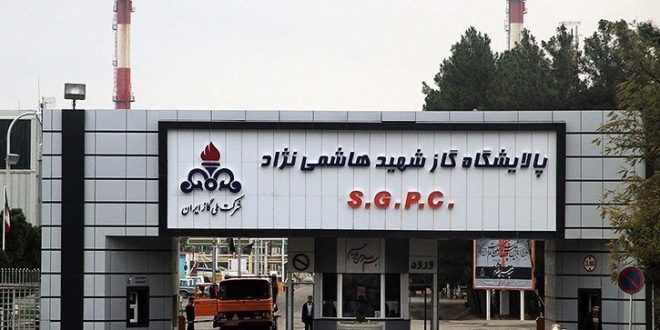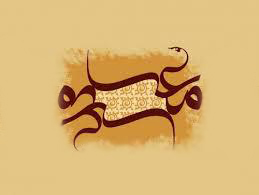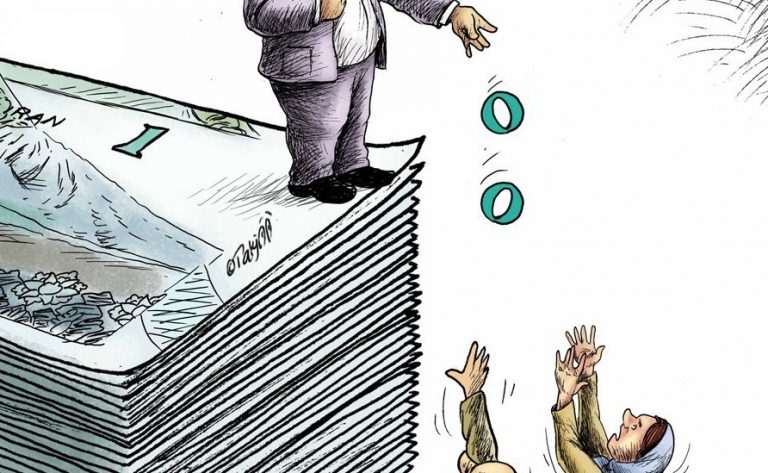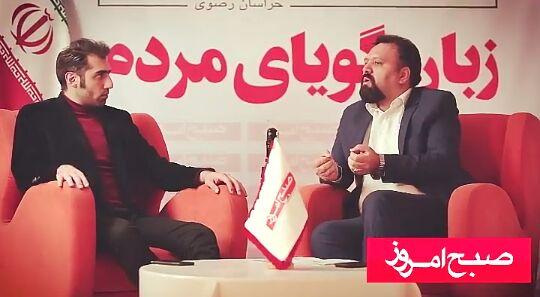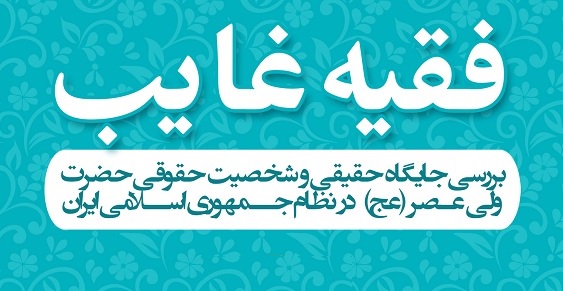-
يكشنبه, ۲۱ بهمن ۱۴۰۳، ۰۵:۳۶ ب.ظ

The topic you've chosen is truly thought-provoking and holds immense significance in the discourse of governance, faith, and the aspirations of the people. Let’s delve into this subject with enthusiasm and extensive analysis.
---
**A Dynamic Approach to Governance: Fusing Islamic Principles with Democratic Practices**
Imagine a governance model that transcends the complex barriers of religious and civil leadership while simultaneously honoring the foundational principles of Islam. Based on the concept of "Wilayat al-Faqih Al-Ma'soom Gha'ib," we can envision a system where the Islamic character of governance is preserved, yet it operates with a democratic spirit. This model doesn’t just play lip service to the ideals of both Islam and democracy; it actively embodies them, ensuring that no religious authority is undermined, facilitating an environment where even devout followers of the governance system can find satisfaction and respect.
Let’s explore how such a governance structure can maintain the essence of the Islamic Republic while operating democratically! This innovative approach potentially alleviates the heavy costs traditionally associated with regime change, an endeavor often fraught with turmoil and uncertainty. It’s about building a system where the leadership, rooted in the principles of the Islamic ethos, operates transparently and is held accountable to the people—a model that can inspire confidence and promote stakeholder engagement.
**A Council of Guardianship: Bridging the Gap Between the Present and the Prophesied**
The core idea revolves around appointing a council to lead the community in the absence of the Imam Al-Mahdi (عج). According to Article 111 of the Constitution, the leadership can be delegated to a group that embodies the ethical and decision-making capacity required to govern justly. This council would consist of people elected by the populace—individuals who embrace both religious commitment and civic responsibility. They would be imperative not just in policy formation, but in ensuring that their choices resonate with the majority of the Islamic community and honor the will of the people.
In this structure, the council doesn’t merely function in a vacuum; it operates within the framework of modern governance, responding to the voices of the citizens. By acknowledging the leadership of the Imam while functioning through elected representatives, there’s a harmonious blend of spiritual authority and democratic representation. This approach satisfies the spiritual yearnings of the populace while simultaneously fulfilling the practical needs of governance.
**Overcoming Misconceptions: Embracing the Wisdom of Islamic Teachings**
There exists a contrasting mindset that perceives the combination of the Imam’s absence (Ghaibat) with the sharing of power to be impossible. This assumption leads to undue resistance against a governance model centered around the rightful leader in absentia. However, this perspective overlooks the profound teachings of Islam, especially within the Shia tradition, which emphasizes the importance of a community intrinsically connected to its leadership, even in the time of absence.
Critics often voice concerns regarding a potential vacuum in leadership if governance is handed over in this way. But these fears are unfounded! In the current Constitution of the Islamic Republic, provisions are already in place for the delegation of authority during exceptional situations. The power is not merely concentrated in one person; rather, it is distributed among qualified individuals—the president, the head of the judiciary, and the Guardian Council—ensuring that even during the time of Ghaibat, leadership remains robust and responsive.
**Redefining Allegiances: Strengthening the Islamic Republic**
Another pivotal point to note is that advocating for the delegation of "Wilayat al-Faqih" to the Imam Al-Mahdi (عج) should not be interpreted as a challenge to the Islamic Republic itself. On the contrary, this movement aims to bolster and stabilize the existing governance framework and can serve as the crowning achievement of the revolution’s ideals. From its inception, the Islamic Republic has aimed for the ultimate goal of handing over authority to the Imam, aligning perfectly with the dreams and aspirations of the people.
As we embark on this philosophical journey, let’s unite under this transformative idea! Why not advocate for a model that respects our deep-rooted Islamic values while simultaneously embracing the principles of modern governance? Together, we can nurture a system that respects our collective heritage and prepares us for a promising future.
In conclusion, the blend of "Wilayat al-Faqih Al-Ma'soom Gha'ib" with contemporary governance paradigms has the potential to create a society that thrives on spiritual fulfillment and democratic processes. This vision is not just a theoretical framework; it is a call to action for every believer and every citizen to engage actively in shaping a progressive and resilient community. Let's embrace this opportunity to foster a governance structure that resonates with the deep values of Islam while fulfilling the practicalities of modern life!
---
This enthusiasm can help inspire and rally support for a reflective discourse on the future of governance in the context of religious and civic duties, inviting individuals to see the potential for positive change within their governmental frameworks.




